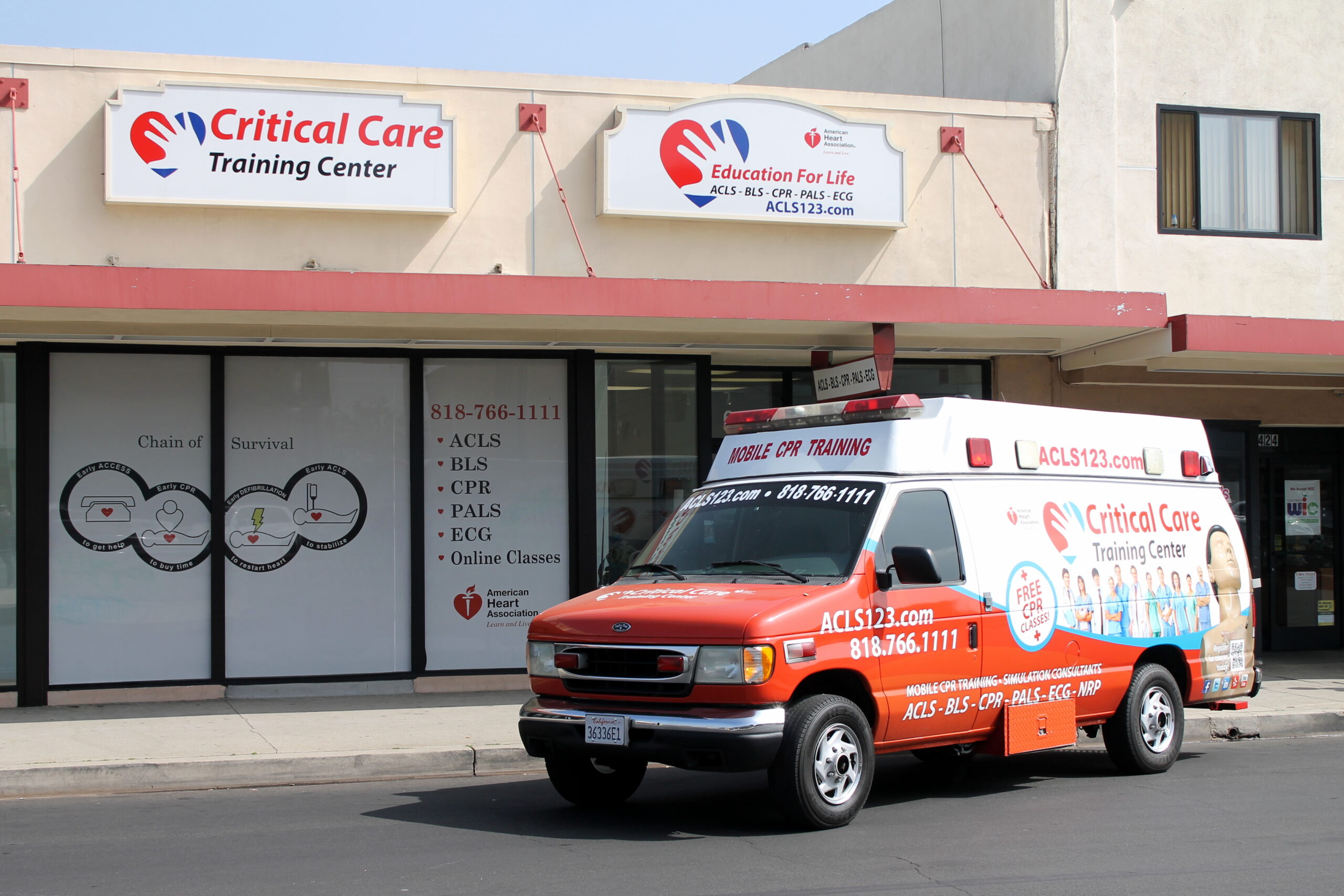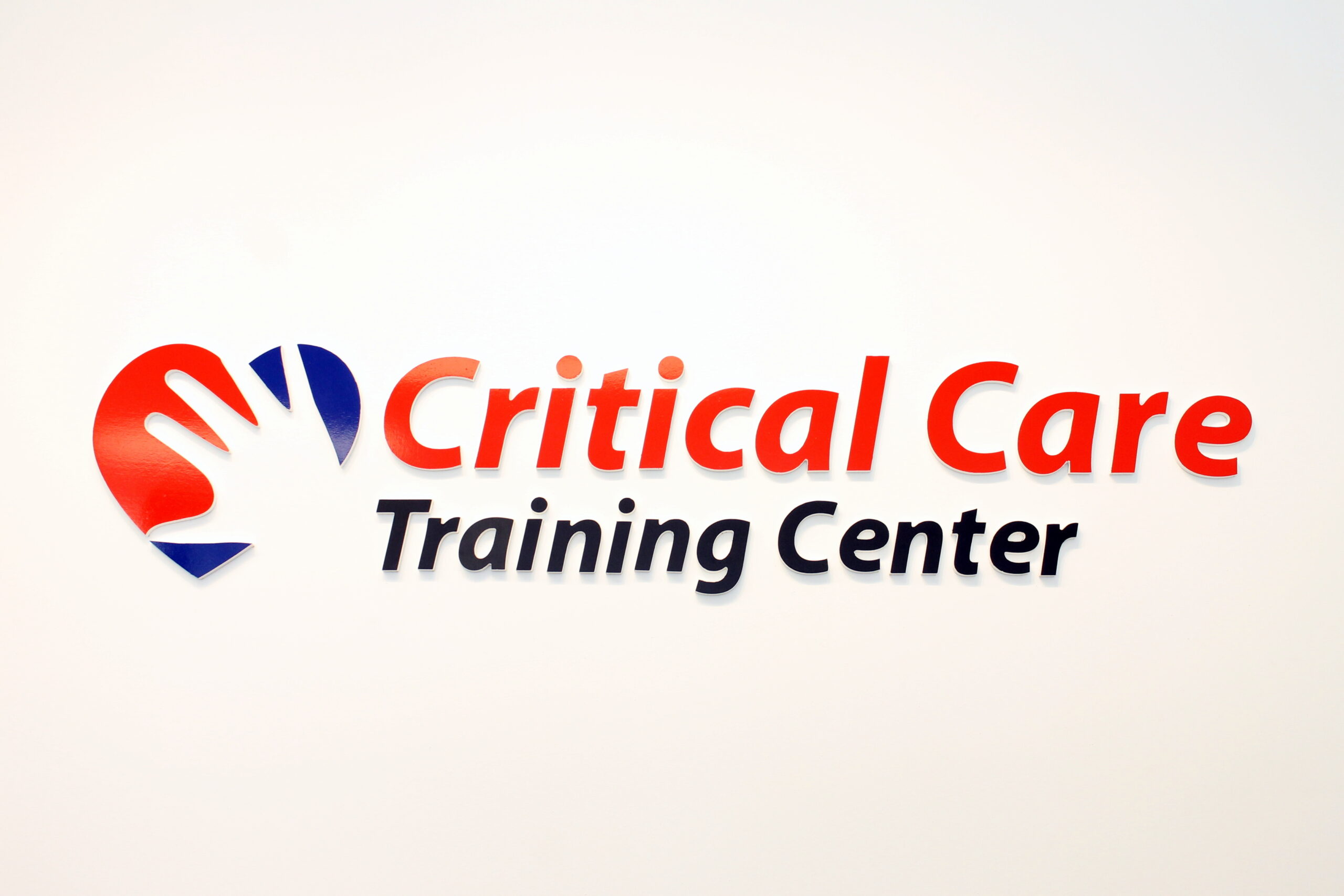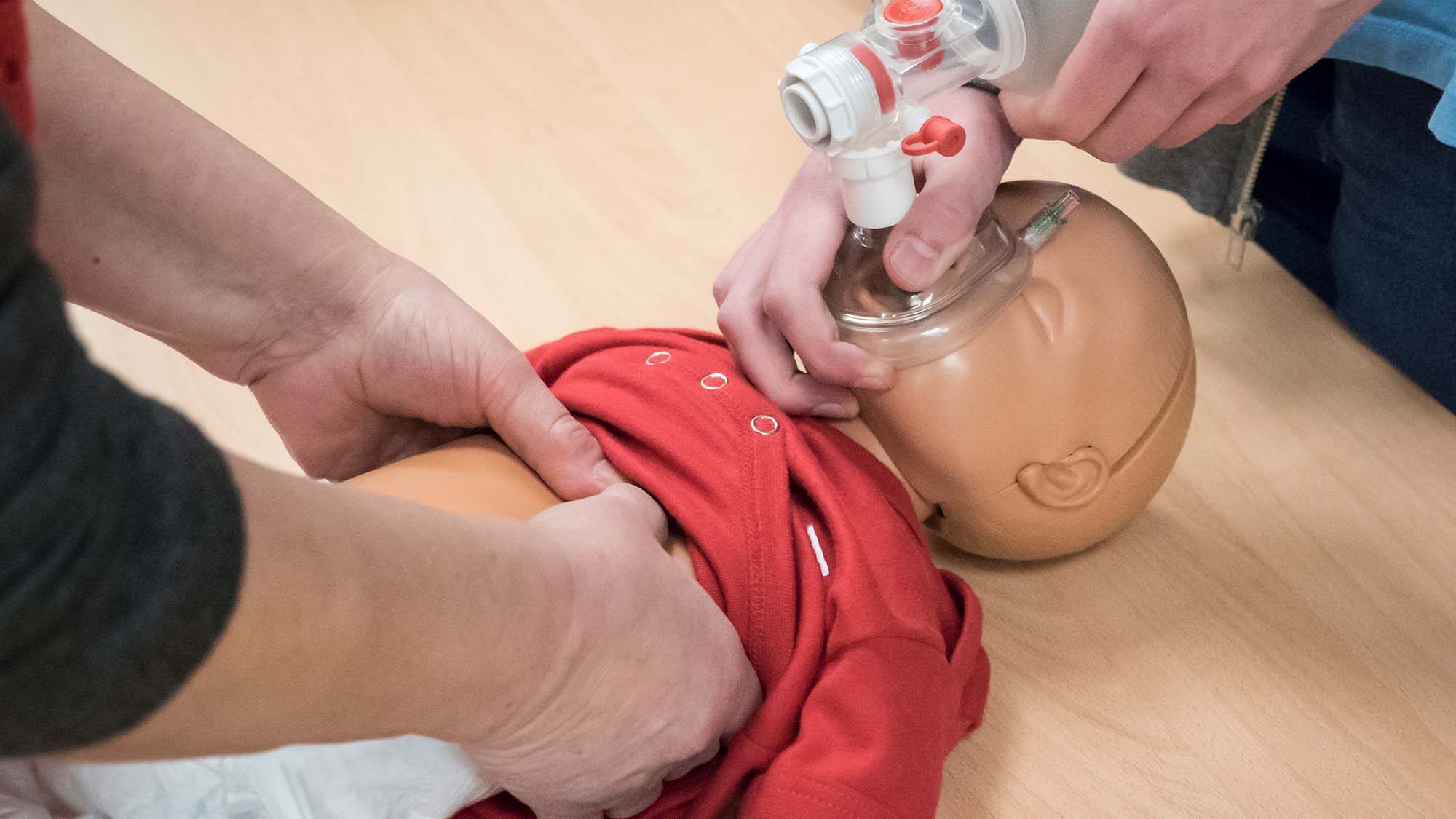Essay by: ISP048
The role of simulation in current nursing education is beginning to be used widely across Nursing programs. I can say for my Nursing school, LA County College of Nursing and Allied Health, a clinical day is designated as a simulation day where the clinical instructor puts together a patient scenario and the students must respond as if the patient were real. I believe this is a great method of learning for students to be able to think on their feet, in a real-life hospital setting, responding as a Registered Nurse would. Critical thinking skills have to be implemented when determining how to respond to a specific patient situation. According to Jefferies (2007), “A simulated experience allows students to critically analyze their own actions (or failure to act), reflect on their own skill sets and clinical reasoning, and critique the clinical decisions of others (as cited in The Use of Simulation in Nursing Education, 2013). This is the beauty of simulation because it helps the student determine which area he/she needs improvement so that he/she can work on it to be more effective for the real life patient situation.
Simulation can also serve as a method of what “not-to-do” on a patient. As we know, patient safety is a priority and we want to maintain that while a patient is under our care. Simulation can serve as a reminder of what I need to do first in this skill. For example, when we insert a tube into an IV line, we must alcohol the port to make sure no bacteria enters the line. This is a method to prevent infection. According to Tanner (2006), “An interpretation or conclusion regarding a patient’s needs, concerns, or health problems, and/or the decision to take action (or not) use or modify standard approaches, or improvise new ones as deemed appropriate by the patient’s response (as cited in The Use of Simulation in Nursing Education, 2013).”
In my opinion, Simulation based learning in the next ten years is going to be monumental. As seen already in my nursing program, Simulation is done every semester to help students recognize what skills they need to work on and what critical decisions they need to make as a Nurse. Personally, I see it as a great learning experience to boost confidence or allow one to see what areas they can improve in. For example, in my first semester simulation experience, it was uncomfortable not knowing what to expect in my first simulation as a student. After the simulation, we got feedback on what areas we did well and what areas we could improve. For me, I was told that I did a well in administering an IM injection. That boosted my confidence knowing that a Nursing Instructor observed my skills and determined that I performed the skill well. As described by Virginia State Simulation Alliance (2008), “a clinical simulation experience is an active event in which students are immersed into a realistic clinical environment or situation. During this authentic clinical experience learners are required to integrate and synthesize core concepts and knowledge and apply appropriate interpersonal and psychomotor skills. Students must incorporate critical thinking and decision making skills using a process (e.g., nursing process) involving assessment, diagnosis, planning, implementation or intervention and evaluation (as cited in The Use of Simulation in Nursing Education, 2013)”.
Within the next ten years, I expect to see nursing programs all over the country begin to use simulation-based learning as a primary teaching method. After all, simulation allows for mistakes to be made on a mannequin, allowing us to practice so that we avoid making the same mistakes on a real patient. As we know, patients’ lives are in our hands and I believe that simulation will help students deter from making mistakes that could be life threatening. Simulation-based learning will better prepare us for our future patients and will help make us better nurses.
References
The Use of Simulation in Nursing Education. (2013). Retrieved from
www.dhp.virginia.gov/nursing/…/90-24_Patient%20Simulation.doc









